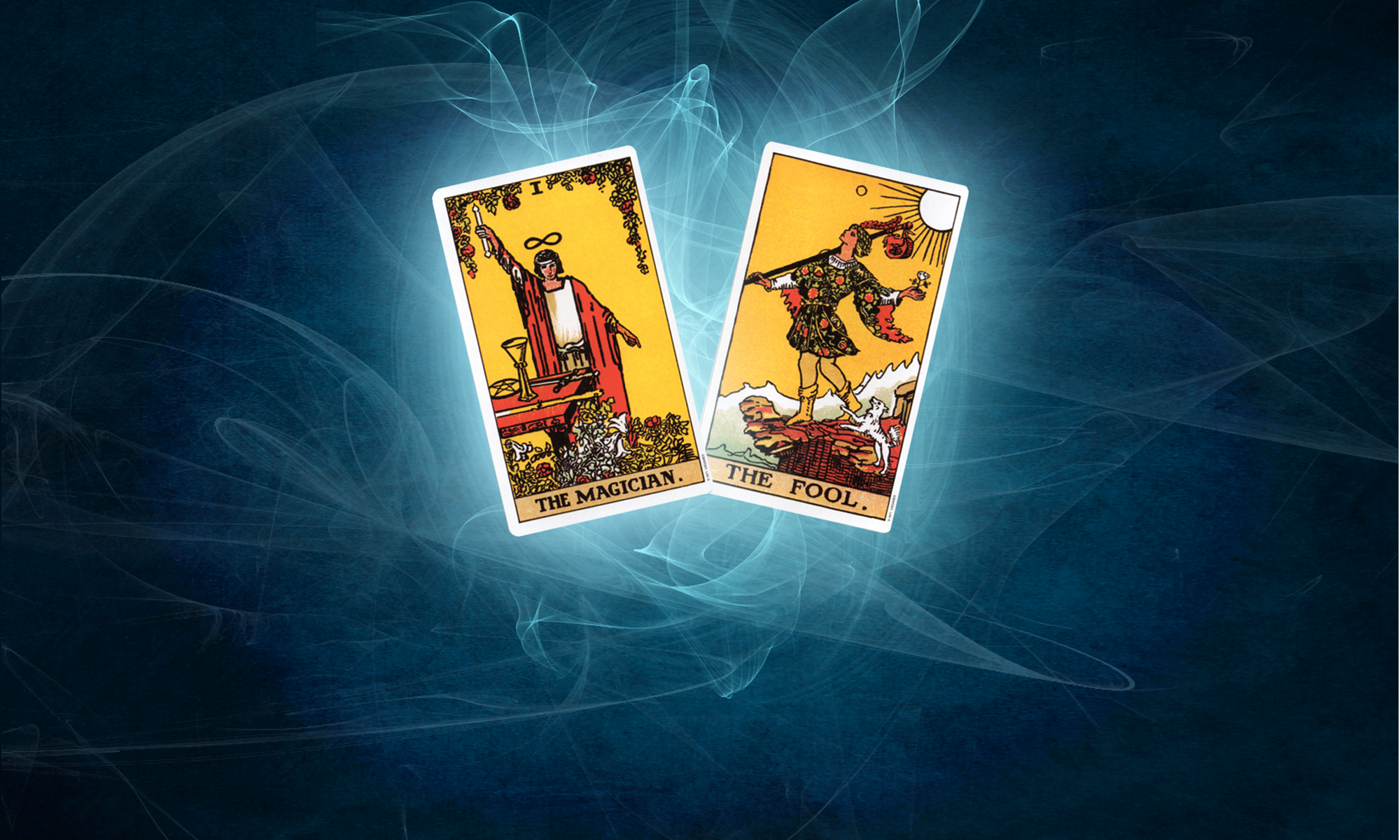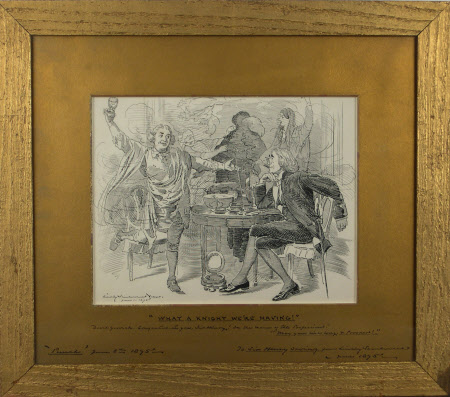THE KNIGHTING OF IRVING, May 24, 1895
The Ceremony Was Performed by the Queen
IT WAS A SIMPLE AFFAIR, a reporter’s account
Henry Irving, the first English actor, last week entered the lists as a knignt. This modern ceremony is very simple compared with the old days. The fortunate knight to be is presented at court in the regulation court costume; he kneels before Queen Victoria, who places a drawn sword, usually the sword of state, upon either of his shoulders and then says, ‘Rise.” The Queen then calls him by his Christian name with “Sir” before it.
The word knight meant originally a youth; it then came to mean a servant or military attendant, and finally it became restricted to the military attendants upon nobles and great officers of state. Tho origin of mediaeval knighthood as a solemn profession of arms is invested in obscurity.
The knighting of Henry Irving was of interest the world over. It seems to raise the dramatic profession a good many rounds on the ladder of social distinction. Heretofore actors have played before the queen in her court and have been good friends with the prince of Wales and his set, but the lines have been drawn very rigidly at the actors being presented at court.
It is said that the conviction that be social barrier, once broken down, would be of lasting good to his profession influenced Irving more than any other consideration. The great actor is thoroughly in accord with the art spirit, thoughts and customs of this end-of the-century time, but he is, above and beyond all, an actor and an artist.
An excerpt from Emperor & Hierophant, by Susan Wands, the series based on Pamela Colman Smith:
The actual knighting ceremony was sparse, a presentation to the Queen for his investiture ceremony was part of several other honors being dolled out that day, but others being dubbed had supporters who were welcomed into chairs in front of the throne to witness the event. It was thought best with an estranged wife and Henry representing the dubious reputation of the acting profession that his investiture should proceed without too much fanfare or presence of guests to make the newspapers. So, Ellen Terry attending was not considered. He wore regulation Court formal wear and following a bevy of the Beefeaters down the hall from the recipient’s waiting room, was conducted into the throne room. Three hundred guests, formally dressed and seated, were being serenaded by harp music in front of the throne. The Queen, at seventy-six was still wearing the widow’s weeds of her black formal dress, and perched very low on her royal seat. An attendant at the side called out: ’Mr. Henry Irving, for service to the theatrical world.’ On the small bench in front of the Queen, he knelt, where she placed a drawn sword on either side of his should and commanded, ‘Rise, Sir Henry.” He stood beaming, the first actor ever to be knighted. She motioned for him to stand a little closer. The old Queen looked up at him, her round, wrinkled face almost smiling, and softly said, “I am very glad of it”. His eyes, dark and slightly damp, blinked in response; for once he couldn’t think of anything to say, the lump in his throat blocking any sound. She extended her royal hand, a quick hand shake followed and the ceremony was over. He reversed back a few feet, bowed, turned and went out of the room.
Titles were very dear, for just three hundred years previous, performers were servants and the stage was only permitted by royal decree. To be ‘Sir Henry’ was a huge step, as actors were not permitted at court and the identity of the actor was seen as a criminal and vagrant. There were those who thought Ellen should also be titled, but being an unmarried mother of two was an offense that would limit her title to ‘Our Lady of the Lyceum’, the title Oscar Wilde had given her. However, the estranged wife, Florence Irving, would insist on retaining the title ‘Lady Irving’, regardless of the fact that she and Henry had not laid eyes on one another since he left fourteen years ago. A few years after his, Henry did not want to be listed as ’Sir Henry’ as of late in the playbills, he felt he was more a player of the pit than a player of the great people in charge. Now, ‘Gove’nor’, ‘Mr. H’ or ‘Mr. Irving’ were all titles he answered to when addressed.

